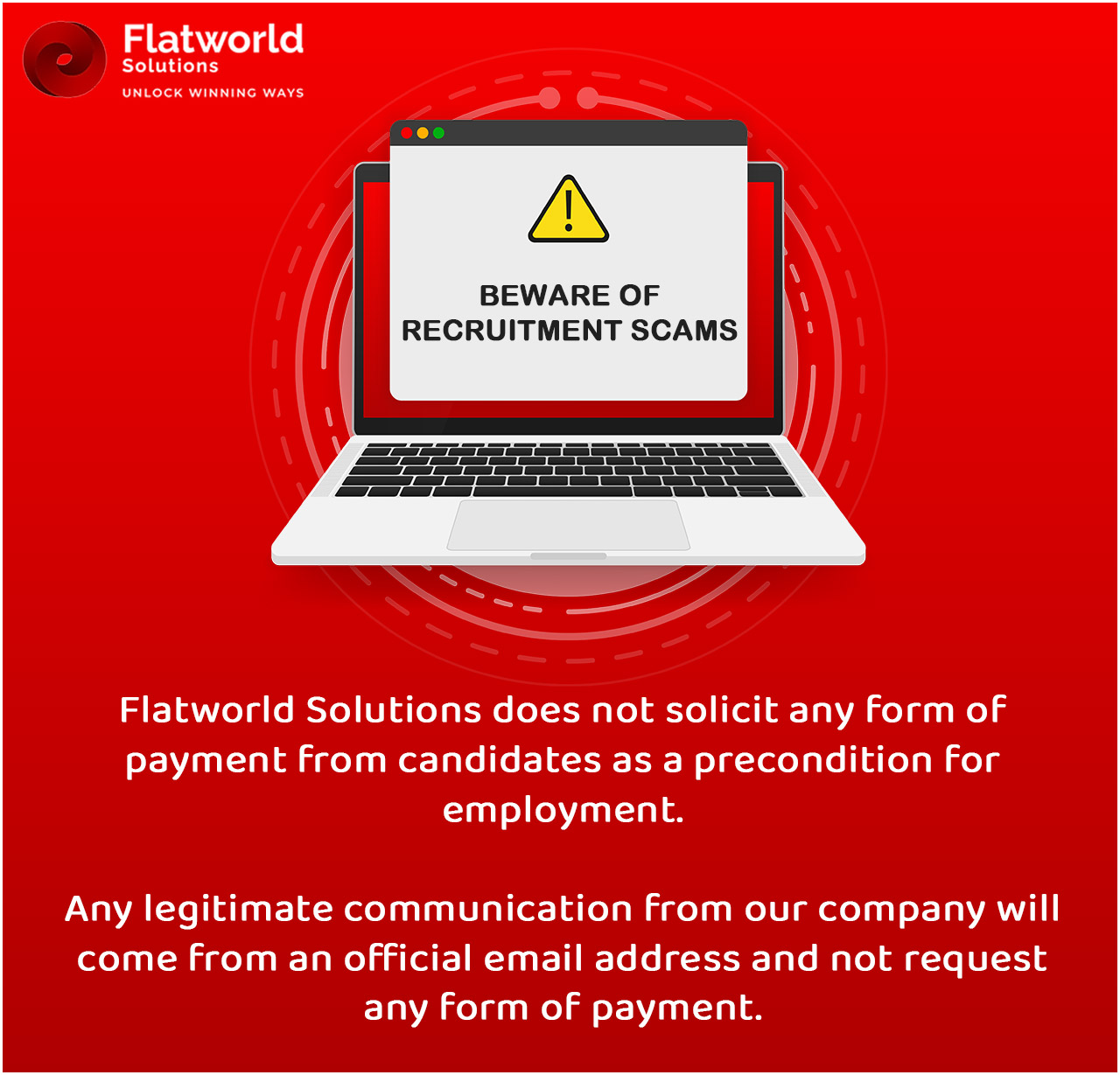Modern mortgage lenders are currently faced with more challenges than ever, as business becomes tougher to manage in the face of increasing operational and regulatory changes. Coupled with the fact that most lenders continue to rely on ancient infrastructure and legacy systems which still rely heavily on manual processes and one can understand why so many small to medium scale mortgage lenders are having to shut down their shops. Instead of being able to focus on process improvement, better customer experience, and analytics, most mortgage lenders instead spend their time and budgets on managing repeatable, but simpler processes.
In this customer-driven and rapidly evolving landscape, mortgage lenders need to cater to tech-savvy clientele who need information at the tip of their fingertips. Loan process automation, also known as Robotic process automation (RPA) can help solve these challenges while leveraging state-of-the-art software routines to streamline their operational processes.
What is RPA and How Is It Useful for Loan Process Automation?
RPA essentially means assigning a software robot based on AI to perform routine tasks which are workflow-driven and rule-based. This kind of robotic process automation for mortgage services can interact with different IT systems at a GUI level without having to interact at a system level, so are much safer as well. It can easily interface with your existing loan origination system or any other legacy technology and navigate and perform tasks just as a human would, but at a much faster rate and without any errors. Loan process automation takes advantage of the fact that while lending operations might be complex, they are generally driven by pre-determined rules which can be easily robotized.
Loan process automation introduces data entry using a virtual keyboard and reproduced human thinking and can control applications through already existing commands.
RPA can help you lower costs and according to recent market research reports, is expected to grow at a CAGR of 60.5% worldwide by the year 2020. The total market size is expected to be valued at US$ 5 billion by 2020 as well.
The Top 10 Benefits of Automating your Mortgage Loan Process
There are many ways mortgage lenders can easily leverage loan process automation for their own benefits without sacrificing quality. Whatever level of precision they choose remains open to their requirements, but the benefits accrued remain the same throughout. Let's have a look at some of them -

1. Enhanced Productivity
Ask any mortgage lender what they value the most and more often than not they will say it's time. Buyers want to get their homes in the shortest time possible, and mortgage lenders want to ease the process as much as possible. At the same time, most mortgage lenders absolutely abhor the repetitive tasks involved in processing an application, since it leads to reduced time-lines where they need to finish the more important tasks. Automating mortgage loan process can help lenders recover lost times, allowing them to be more productive while closing more applications within a short time.

2. Improved Accuracy
Errors caused due to human mistakes during loan processing take a long time to fix. As per IRPA (Institute for Robotic Process Automation), out of every 100 steps in loan processing, humans are likely to make 10 errors while carrying out even redundant work. Since automated robotic processes require no formal training and produce error-free work within a short time duration while following the established rules, it is only imperative that mortgage lenders leverage RPA to automate their processes as soon as possible.

3. Better Fraud Detection
Mortgage fraud is steadily on the rise and therefore mortgage lenders are having to resort to numerous tactics to mitigate losses caused due to fraud issues. With the help of robotic process automation for mortgage services, lenders can leverage LOS (Loss Origination Systems) that use advanced predictive analytics to determine the risk associated with disbursing a particular loan to the buyer. Since the process is automated, you can easily configure what type of loans require fraud analysis and eliminate losses.

4. Better Customer Experience
Processing documents during loan origination and closing can take anything from 2 weeks to 1 month based upon the speed and accuracy of your employees, the exact nature of your internal process, and buyer availability. Couple that with the approval process, seasonal and regional holidays, weather conditions, and workload pressure, and you have a task on your hand when it comes to providing your customers with the best possible experience. RPA systems do not need any time off, can work off cloud infrastructure, and can be backed up as well, ensuring 24/7/365 operations which directly lead to better customer satisfaction. Because the process is entirely predictable, borrowers can fit in other plans around their closing date, thereby increasing the chances for smooth and timely closing as well.

5. Zero Disruption to IT Processes
Automating mortgage operations can be achieved in as less as 60 days. For an industry dealing with legacy infrastructure and time-bound processes, this is a boon as they can swiftly move to a more efficient process without any issues. Whether it is pulling data from multiple sites or systems, consolidating rule-based and checklist-driven tasks, validating data using an external source, etc. RPA causes zero disruption to your existing processes, ensuring swift turnarounds.

6. More Consistent and Defined Workflows
Most mortgage lenders will agree to the fact that their current processes are not properly defined or set up. From data entry, to document collection and routing, task assignments, email notifications, processing, etc. there are way too many variables for lenders to set up particular processes for. This is where RPA can help since not only will it speed up the process but allow you to define and regularize the entire process for better efficiency down the line. Also, as each step of the process becomes electronic, you also gather more data. Hunting down loan applications become easier as document management systems become more efficient. Finally, the analytics you gain from such a system allows you to have an in-depth look into your processes, ensuring you can make better decisions and refine resources as necessary.

7. Easier Auditing
By automating documentation and other lending processes, you enhance the ability to respond quickly to risks, mitigate them and implement better and more cohesive compliance guidelines. A mortgage loan is not a simple matter to complete and leveraging these new technologies and solutions will ensure that you can audit your processes more freely without spending more time. Following regulations also is taken care off, since you do not have to worry about whether all your employees followed them or not, since the RPA process takes care of it.

8. Achieve Enhanced Scalability
Scalability is a significant factor that is leading mortgage companies to embrace machine-based automation. In order to understand the thousands of different types of mortgage documents for the purpose of better classification, data analysis, document stacking, data extraction, one needs a particular amount of understanding of the mortgage industry. These tasks, therefore, are not easy to outsource. An automating mortgage loan process platform is readily scalable, especially if it consists of cloud-based infrastructural deployments. Cloning of servers can be done in real time, allowing you to respond immediately to spikes in demand.

9. Predictable Revenue
One of the main reasons for how automation will transform the mortgage process lies in a very simple fact - that lenders will now be able to predict their revenue. With the help of loan process automation, you can easily predict the revenue your leads will fetch, and the loan process will yield over a period of time as part of your entire loan cycle. This knowledge will, in turn, ensure lenders can adjust better to fluctuating customer demands while sticking to the new government regulations.

10. Improved Compliance to Regulatory Demands
Mortgage lenders are expected to demonstrate 100% compliance with complex government regulations while managing the risks associated with the same. RPA processes are making meaningful changes to how lenders can work their way into better compliance by reducing operational risks, improving the quality and consistency of the processes by performing them properly every single time.
As a mortgage lender, you can build complete audit and control checkpoints within your processes, as their upfront design can ensure their capability of providing better data gathering, pre-population of transcripts, etc. based upon the existing regulations.
Create Substantial Value Across Your Mortgage Chain with Flatworld Solutions
More than 70% of the tasks involved in mortgage processes across the value chain tend to be prep tasks, are easily replicable, and are consistently logical making them ideal candidates for automation. At FWS, we can deliver loan process automation which will help your company be more efficient and innovative while focusing on future-proofing your operations for better customer satisfaction.
Our end-to-end component-based mortgage solutions have been proven to deliver outstanding results for our clients.
Contact us now to know more about our offerings and how we can help you achieve uniform automation throughout your organization.
Contact Us










